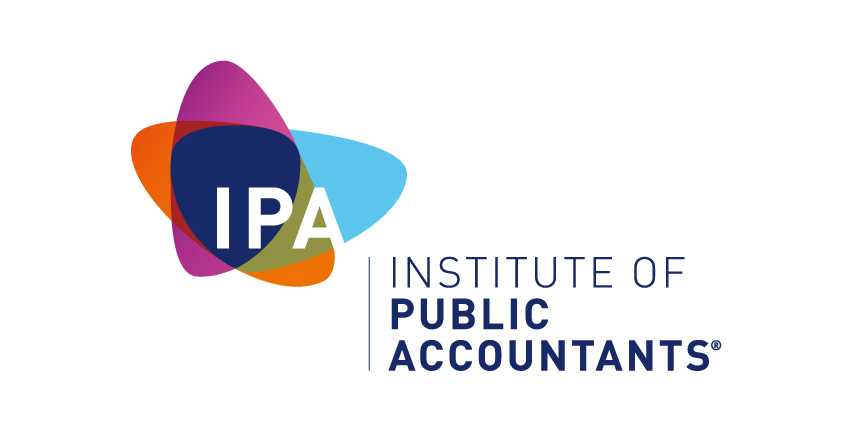SIMPLIFY FINANCIAL CRIME REPORTING, SAY ACCOUNTANTS
16 September 2021
The global cost of financial crime compliance is rising, Government should remove duplication
The Institute of Public Accountants (IPA) has urged the Federal Government to consider a simplified and more efficient version of its anti-money laundering compliance regime, saying proposed aspects, such as identity checks, are already in place, and can be easily replicated and aligned across the sector.
In its submission to the Senate Inquiry into the Adequacy and Efficacy of Australia’s Anti Money Laundering and Counter-Terrorism Financing (AML-CTF) Regime, IPA conceded that while it is necessary, the cost burden on accounting practitioners could be significantly eased with two adjustments to the scheme:
- Align identity check tests with Tax Practitioners Board and APESB requirements
- Remove the need to send multiple reports to AUSTRAC, or develop a simplified reporting template
“We know from the United Kingdom experience that complex and onerous AML regimes layer crippling costs on practitioners,” IPA advocacy and policy leader Vicki Stylianou says.
The IPA also recommends an educational campaign to upskill practitioners on their obligations under the new regime spear-headed by the Attorney General’s Department. The campaign should complement and reinforce the professional development and ethical education programs of the accounting bodies.
“We have seen in recent weeks a growing mindfulness from government about the cumulative cost of reforms across the board on small and medium practices – we have the ASIC levy, potential AML increases, Professional Indemnity insurance is going up, Compensation Scheme of Last Resort, new client verification system – all adding to the cost of public practice,” Stylianou says.
“The government says it expects regulators to contribute to supporting Australia’s economic recovery from the COVID-19 pandemic. These adjustments to the proposed AML scheme are low hanging fruit, we should be leveraging existing systems not duplicating them,” Stylianou says.
The total global projected cost of financial crime compliance rose by 18 percent over twelve months, reaching about US$214 billion in 2020, according to the Lexis Nexis Global Compliance Cost Report. Over the same period, the cost of compliance in the Asia-Pacific region increased by 27.2 percent.
